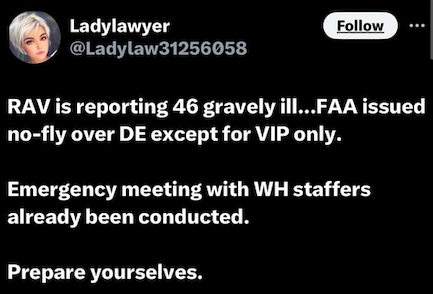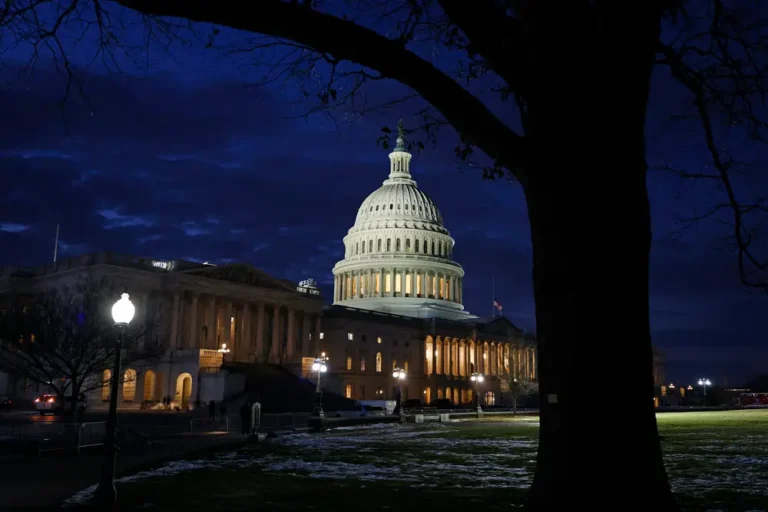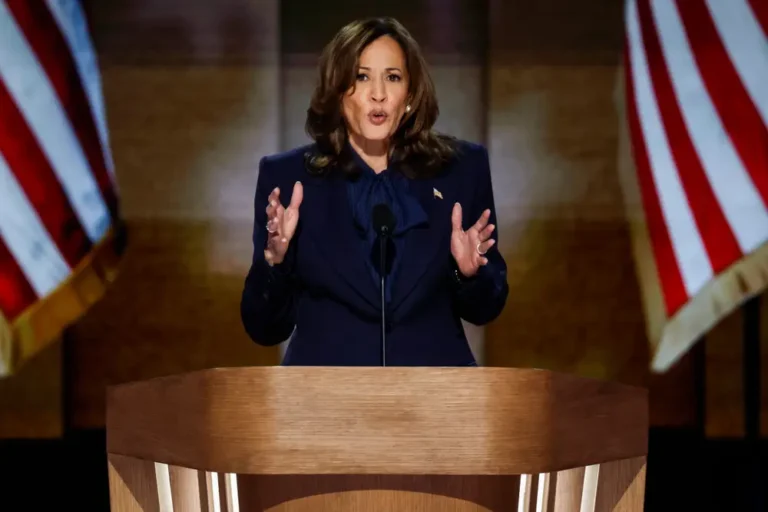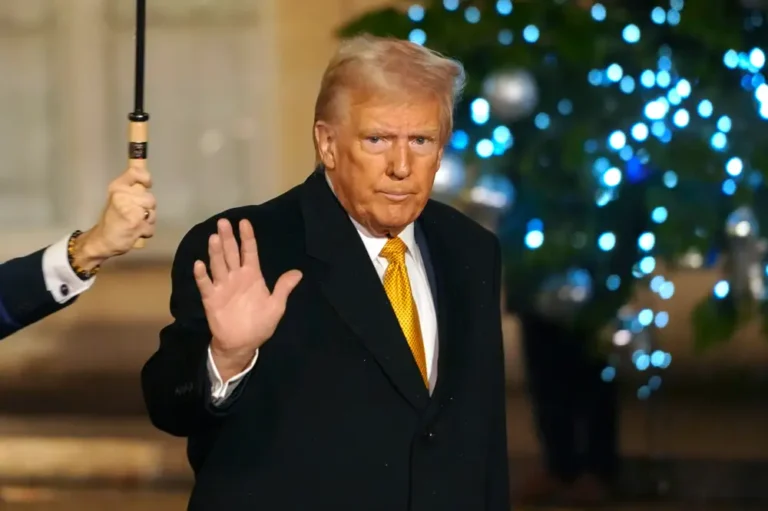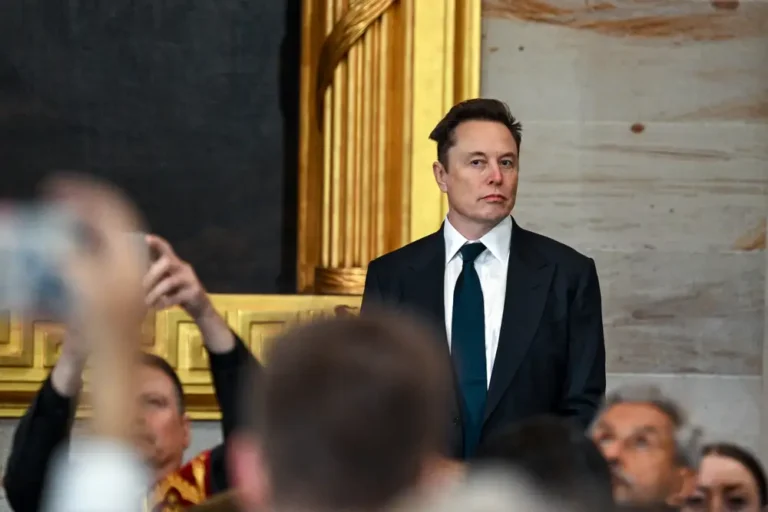I spent a day in Kamala Harris’ Fortnite town. It was full of policy details meant to reach young voters, but was mostly empty.
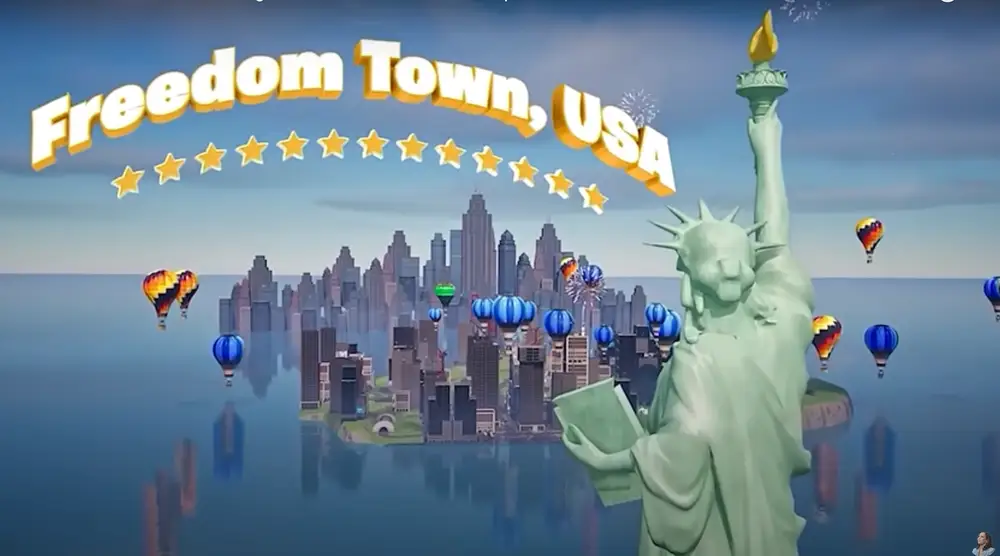
A view of Kamala Harris’ Freedom Town, USA, on Fortnite.
Welcome to Freedom Town, USA, a Fortnite world created by the Harris-Walz campaign.
On Monday, a new colorful world appeared in the video game Fortnite. It’s littered with Easter eggs for Harris-Walz devotees: You can pick up sporting goods at Coach Walz’s store, for instance, or head to Doug’s Deli for lunch. Slipped in between are details on some of the Harris campaign’s main policy proposals.
It’s a move to reach the key young male voters that Harris would need to carve out a path toward winning the election. Some of those avid gamers are eligible to vote this year. A 2019 YouGov survey of 1,570 US adults found that 22% of adults ages 18 to 24 had played Fortnite before; 82% of male Gen Zers play an hour plus of video games a week, per a survey of 5,000 Americans by the Entertainment Software Association via YouGov.
I took a trip to Freedom Town, USA, and spent the day observing and attempting to talk to players. Spoiler: There weren’t very many, and a lot of them seemed to be children. Here’s what I saw and learned.
Details on policy positions hidden inside a mission to build housing
Getting to the map itself proved a challenge for a first-timer like me, as it’s not part of the game’s default and wildly popular multiplayer combat mode. A true Fortnite aficionado would’ve known how to use the access code online to find Freedom Town, but it took me a few minutes to track it down.
When I finally arrived in Harris’ Fortnite world, I was plopped into a train station that resembles the New York City subway or DC Metro.
My mission: Use Harris’ proposed $50,000 tax break for small businesses to acquire building supplies to assemble new affordable housing.
As I went about my tasks, I noticed the map was also very public transit-oriented, from the subway station to buses dotting almost every corner.
For a Fortnite first-timer like me, the game was relatively easy to pick up, although I found myself floundering in mini-games meant to help me collect construction tools.
At its peak, I saw around 180 other gamers present on the map with me. They seemed to be notably younger. One player who remained unmuted appeared to be a coughing child.
To get a real gamer’s perspective, I spoke to a 23-year-old in Ohio who had been exploring the world with her boyfriend.
Lauren Obanion, a loyal Fortnite user in recent months, heard about Freedom Town, USA, from her mom. She thinks the map could make a real difference, especially because she said some gamers may not be in touch with policies. Small title cards for different quests discussed Harris’ policies fairly in-depth — one of the first things you see upon entering the map is a quest invitation that tells you about the $50,000 tax credit for small businesses.
“It’s nice for them to put something in a game so people can be interested and then want to do research outside of it,” she said.
So far, Freedom Town hasn’t taken off; according to third party player statistics tracker Fortnite.GG, the Freedom Town map saw an all-time and 24-hour peak of 563 users. That’s a tiny fraction of the 24-hour peak of 267,000 players on the main Battle Royale map.
But for some users, the message is still getting across. Obanion said her boyfriend is an example of a gamer who is interested in reading about some of her platforms as he built houses.
“I think it’s good to try and reach out to the younger demographic,” she said, “because otherwise a lot of people who don’t get off Fortnite probably haven’t seen anything.”
Ultimately, while I was not good at any of the mini-games — and didn’t end up getting most of the construction supplies — I still did have a good time. I can understand how some gamers can get lost in the world of Fortnite for hours, but I have my doubts Freedom Town, USA, will impact the election very much.


